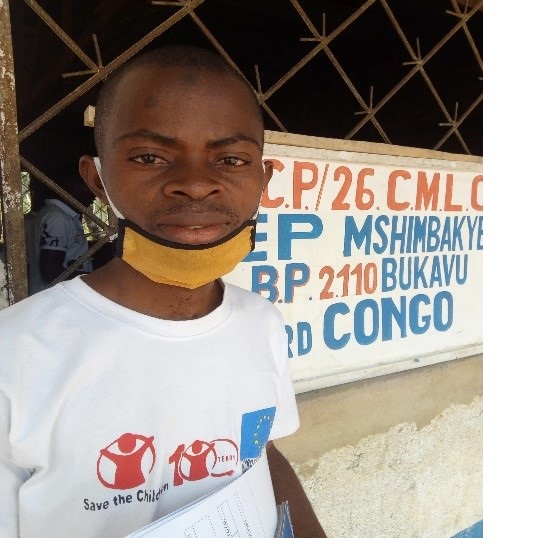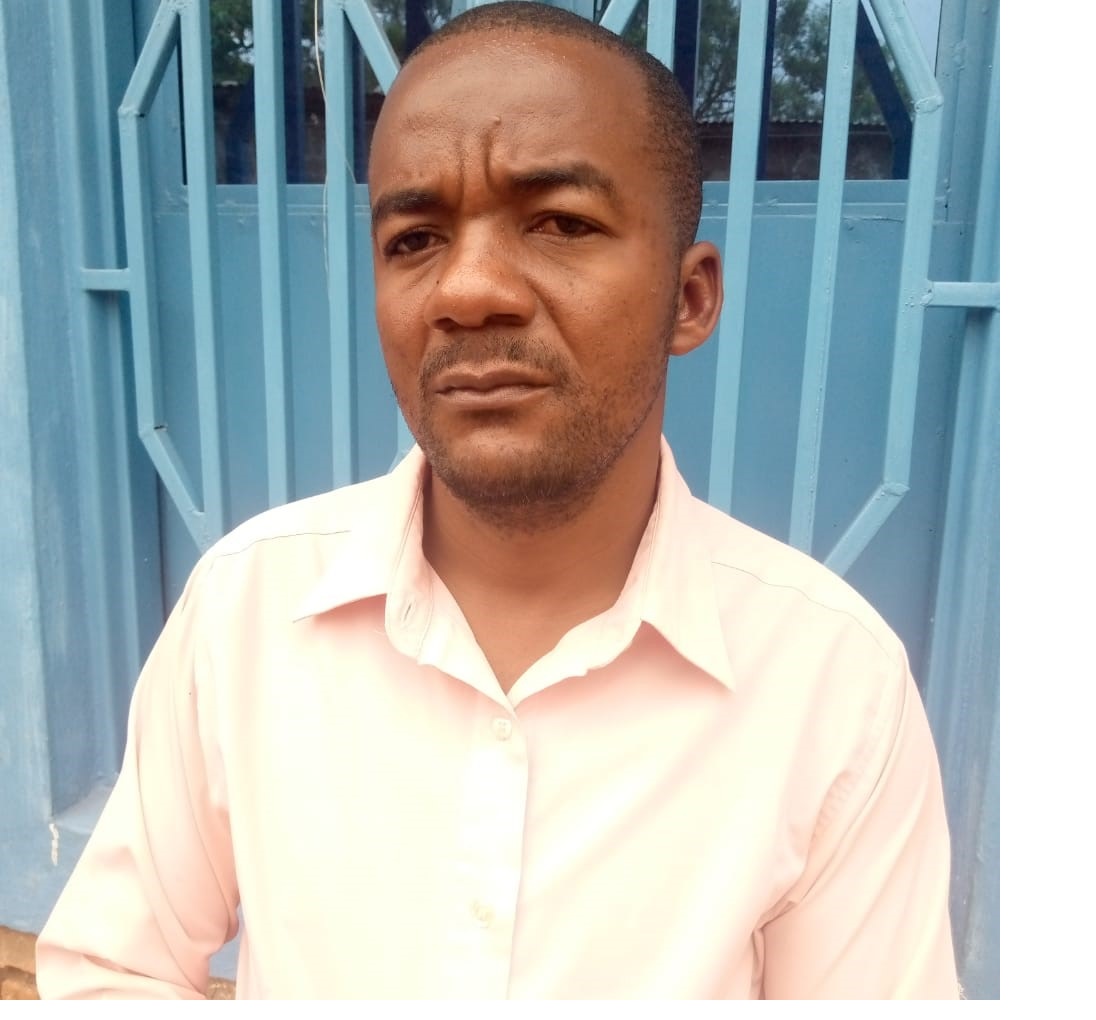A week of events to celebrate teachers from all over the world
Teachers’ vital role at the heart of the education system has been highlighted this year, as never before, by the leadership they have demonstrated in ensuring continuity of learning during the COVID-19 pandemic. This crucial achievement is marked by the theme of World Teachers’ Day 2020, on October 5: “Teachers: Leading in crisis, reimagining the future”.
Every year, World Teachers’ Day is an opportunity to celebrate the teaching profession, highlight teachers’ accomplishments and draw attention to teachers’ needs and voices. The day commemorates the adoption of the 1966 ILO/UNESCO Recommendation concerning the Status of Teachers and the 1997 Recommendation concerning the Status of Higher-Education Teaching Personnel.
Since the adoption in 2015 of fourth Sustainable Development Goal (SDG) – “Ensure inclusive and equitable quality education and promote lifelong learning opportunities for all”, World Teachers’ Day has also provided an occasion to take stock of progress towards SDG target 4.c. on increasing the supply of qualified teachers and address challenges faced by the teaching profession.
Those challenges have multiplied exponentially this year as the unprecedented situation created by the COVID-19 pandemic has severely tested education systems that were already constrained. Teachers have individually and collectively demonstrated leadership, innovation and creativity at classroom, school and community levels while responding to the many challenges imposed on their work and working conditions. The pandemic has also highlighted the importance of systemic and ministerial support for teacher leadership at times of crisis.
In the light of teachers’ experiences during the pandemic, World Teachers’ Day events this year will explore the theme of teacher leadership. Discussions and interactions throughout the weeklong celebration will focus on how teacher leadership in different forms can enable the building of resilient education systems in the face of crises.
Multiple initiatives to strengthen effective teacher policy-making
As part of the week’s events, the Teacher Task Force will officially launch the Knowledge Platform, with a Knowledge Hub promoting evidence-based policy-making that supports teachers with over 300 quality documents and the Working Space where members and partners can connect and exchange valuable resources.
A virtual campaign featuring powerful stories of teachers and school leaders has already been launched, with the precious contributions of Teacher Task Force members and partners. The campaign’s articles and short videos put the spotlight on teachers and school leaders who ensured that learning continued during school closures, highlighting the importance of their leadership role and the challenges they face.
Together with the Global Education Monitoring Report team and the UNESCO Institute for Statistics, the Teacher Task Force will co-publish a World Teachers’ Day 2020 fact sheet and a policy paper focusing on teachers and inclusion.
Along with the UNESCO regional offices, members and partners, the Teacher Task Force will organize a series of regional meetings to explore different types of teacher leadership in diverse national contexts and their roles in achieving quality education and developing effective solutions to tackle challenges posed by the COVID-19 pandemic. The meetings will highlight member countries’ and organizations’ experiences related to teacher leadership at various levels in times of crises. Drawing on this experience, the meetings seek to shine a light on good practices, challenges, and enabling and constraining factors for the holistic development of teacher leadership to build crisis-resilient education systems.
The meetings are open to Teacher Task Force member countries and organizations as well as non-members. Find out more and join the events through the following links:
- Arab States Regional Meeting
- Anglophone Africa Regional Meeting
- Asia Pacific Regional Meeting
- Francophone Africa Regional Meeting
A meeting convening members and partners from Latin America and the Caribbean is also being planned.
 For instance, Uwezo Mateso, a teacher at UHAKI primary school in Mushimbakye in Fizi, South Kivu, encouraged children to continue with their learning by listening to lessons broadcast via community radio with their parents, and doing work assigned remotely. On door to door visits to his pupils, Claude Buivuge Kasherangwa, a fifth-grade teacher at
For instance, Uwezo Mateso, a teacher at UHAKI primary school in Mushimbakye in Fizi, South Kivu, encouraged children to continue with their learning by listening to lessons broadcast via community radio with their parents, and doing work assigned remotely. On door to door visits to his pupils, Claude Buivuge Kasherangwa, a fifth-grade teacher at  Kasherangwa
Kasherangwa